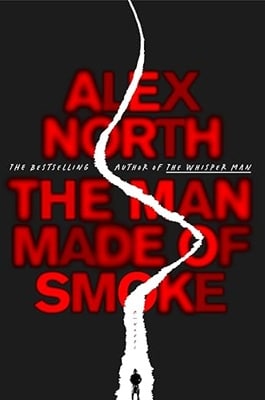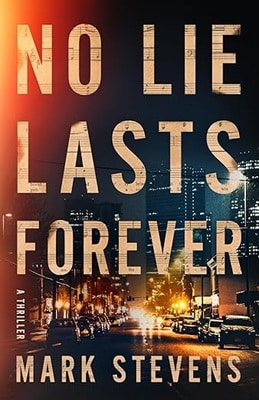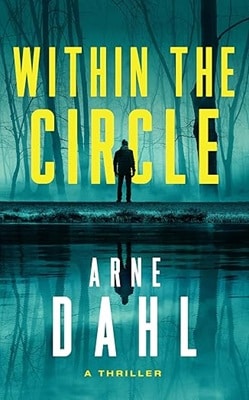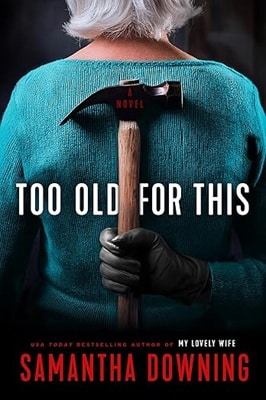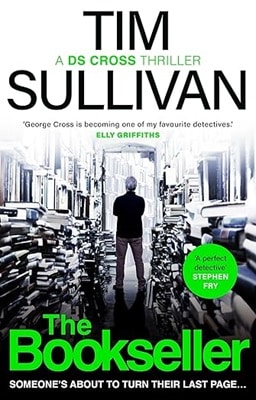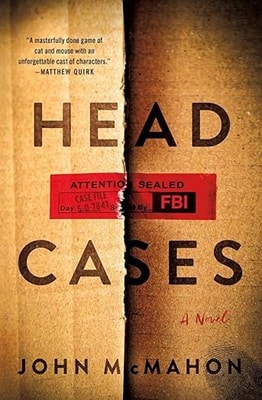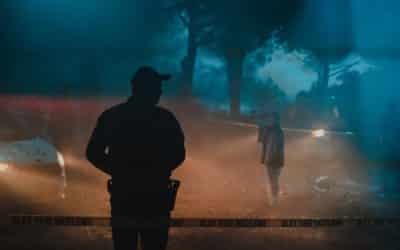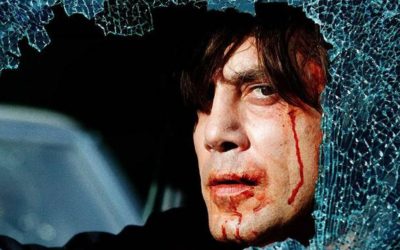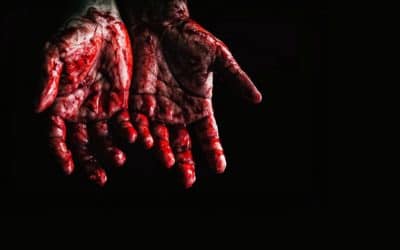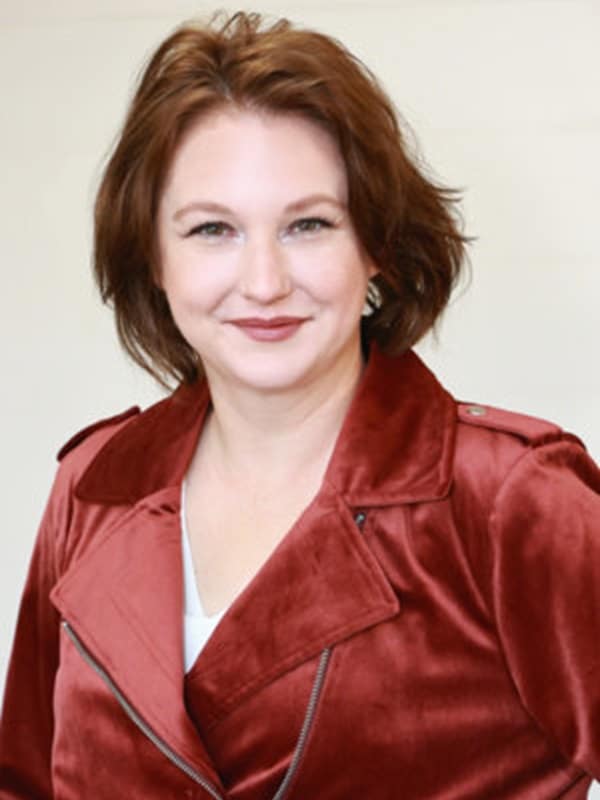
Nicola Solvinic has a master’s degree in criminology and has worked in and around criminal justice for more than a decade. She lives in the Midwest with her husband and cats, where she is surrounded by a secret garden full of beehives.
Interview by Sandra Hoover
Q. Share a little about yourself. In what way has your master’s degree in criminology and career in the criminal justice system aided or hindered your writing career? How much, if any, did you draw from real life experiences in the writing of The Hunter’s Daughter?
Nicola: Thanks so much for the interview! I’m so excited to chat with you and your readers about my book!
I think my background helped me the most in weaving in the little details in the story: mannerisms, radio chatter, bits of forensic evidence. Most of that was wanting the story to ring true.
In creating a serial killer character, I mostly drew from reading about people who commit crimes of that type. I had to think about what kind of killer I was creating. Did I want them to be organized? How visionary would they be? What was their motivation?
Mostly, my past experience was used to create embellishments to a story that I hope feels real to the reader.
Q. The Hunter’s Daughter is your debut novel. Tell us about the book and your inspiration behind telling this story. Were you motivated by any real-life person, place or event?
Nicola: The Hunter’s Daughter isn’t based on any real people or situations (fortunately!). It grew out of an observation that the effects of a murder are very far-reaching for many people involved. I wanted to explore those ideas, that the aftershocks of a crime linger in very deep and complicated ways. Anna’s father has done terrible things that deeply damaged his victims, their families, the community, and his own daughter. There are no non-player characters in a crime story. Everyone feels the effects.
Q. Lt. Anna Koray aka Elena Theron is a complex, disturbed heroine – one who struggles with her own identity which is tightly entwined with her father. In your mind, who is Anna Koray? Compare Elena, the devoted then traumatized child, with Anna, the conflicted woman. Why is it important for them to co-narrate this story?
Nicola: Anna starts out thinking that she’s a self-made person who is in control of her own destiny. She’s a decorated cop with a strong moral code. She tries to do the right thing, and she has succeeded until now. She is in control.
As she remembers her childhood with her father, her control slips. She realizes how much of her life was created as a reaction to her father. Elena’s father was her world, and she worshipped him. As Anna comes to grips with who her father truly was, she moves from being in control of her life to the mercy of things moving behind the scenes.
I think it was important to show both perspectives. My heroine has to make a conscious choice about who she will be, and I think that’s the truly scary part.
Q. Themes of good vs. evil, nature vs. nurture and the long-term psychological effects of severe trauma are explored in The Hunter’s Daughter via the traumatized heroine who is a police officer overwhelmed with thoughts and fears of following in her serial killer father’s footsteps. Anna’s chosen to do good, but is the choice really hers when she’s carrying her father’s genes? Talk about any of the themes in this book and the reasons it was important to you to explore them.
Nicola: I thought it was interesting to explore the idea of good versus evil. I wanted to explore evil as a spiritual and psychological force that erodes Anna. She slips away from herself over time, embracing the idea that the ends justify the means, but then she has to question her ends. She wants very much to believe that she has free will. I think she does, very much. She just has to figure out what that will is, what she really wants and values.
Q. Tell readers about the father/daughter vs. the mother/daughter relationship in this book and the way both shaped Anna/Elena’s future and life.
Nicola: Elena’s dad was a serial killer, but she didn’t know that in her childhood. She just idolized him as something of a prince of the forest, showing her the wonders of nature. With him, she ran feral. To her, he was powerful, mystical, and a safe person she trusted. He’s kind of like an exaggerated version of a Disney dad? He takes her to Disney and dotes upon her.
When adult Anna recovers her memories, she discovers that he’s anything but trustworthy. He’s committed atrocious, unforgiveable acts. But on some level, she really does love him because he said all the right things to her and spent time with her. She felt valued by him.
Anna’s relationship with her mom is more subtle but more complicated. Her mother opposed her father, wanting to spirit Anna away from her dad’s influence. At some point, Anna’s mom gave up and began to conflate Anna with her father, treating them more like a single entity. She abandoned Anna both emotionally and physically. Anna doesn’t love her like she loved her father. Her mom never killed anyone, but Anna still sees her as a monster.
Q. Anna experiences hallucinations or dream-like episodes during which she interacts with mythical-like creatures. She’s uncertain (as are readers) if the experiences are real, drug induced or coping mechanisms. What prompted you to include a reference to mythology with other-worldly creatures claiming a prominent role in The Hunter’s Daughter?
Nicola: I wanted to weave in a bit of a fairy tale feeling into the story with both the setting and Anna’s dreams. Several years ago, I ran across some references to Veles, the Slavic god of forests and the underworld. I imagined how he might walk through the modern world, how he might interact with people and with nature. And from there, I explored how Anna and her father might interact with him.
Psychologically, it all might be an effort for Anna to externalize the evil that took over her father. It’s probably just too painful for her to face that her father wasn’t taken over by a monster. He is the monster.
Q. What is the extent of research, if any, involved in the writing of this book?
Nicola: Honestly, I did very little research for this book. I grew up in a rural area, so I created that same sort of landscape for the characters to exist in. The bits about law enforcement were picked up over my career. And the myths have been rattling around my head for a while (I’m a huge mythology nerd!), so it was really a lot of fun for me to put them all on the page to see how they played together.
Q. What is the significance of the title The Hunter’s Daughter?
Nicola: Anna’s father was a hunter of women, the Forest Strangler. Anna is his daughter, and she tries to figure out who she is independent of her identity as the hunter’s daughter, beyond her father’s shadow.
Q. What do you hope readers remember long after reading The Hunter’s Daughter?
Nicola: There’s an old saying about how we are each the hero of our own story. I think that very much holds true, whether we lie to ourselves or others. Anna is the hero of this story because she’s the one telling it. Another teller might cast her as the villain. It really just depends on how close we are to the telling.
Q. What’s next on the horizon for Author Nicola Solvinic? Are you currently working on anything you can share with readers?
Nicola:When I finished this book, I realized that I wasn’t quite done with Anna. I’m writing a sequel book right now. I’m still learning about her, and I’m really excited to get to continue to tell her story…whether she turns out to be a hero or a villain. I don’t really know, myself. But that’s part of the fun of writing – discovering the answers just a little bit before the reader does.
More Serial Killers
advertisement
Serial Killer Features
For the Love of Serial Killers
Where does our obsession with serial killers come from?
Two Psychopaths in Fiction
A Comparison of Hannibal Lecter and Anton Chigurh
Serial Killers
The three classifications of serial killer

